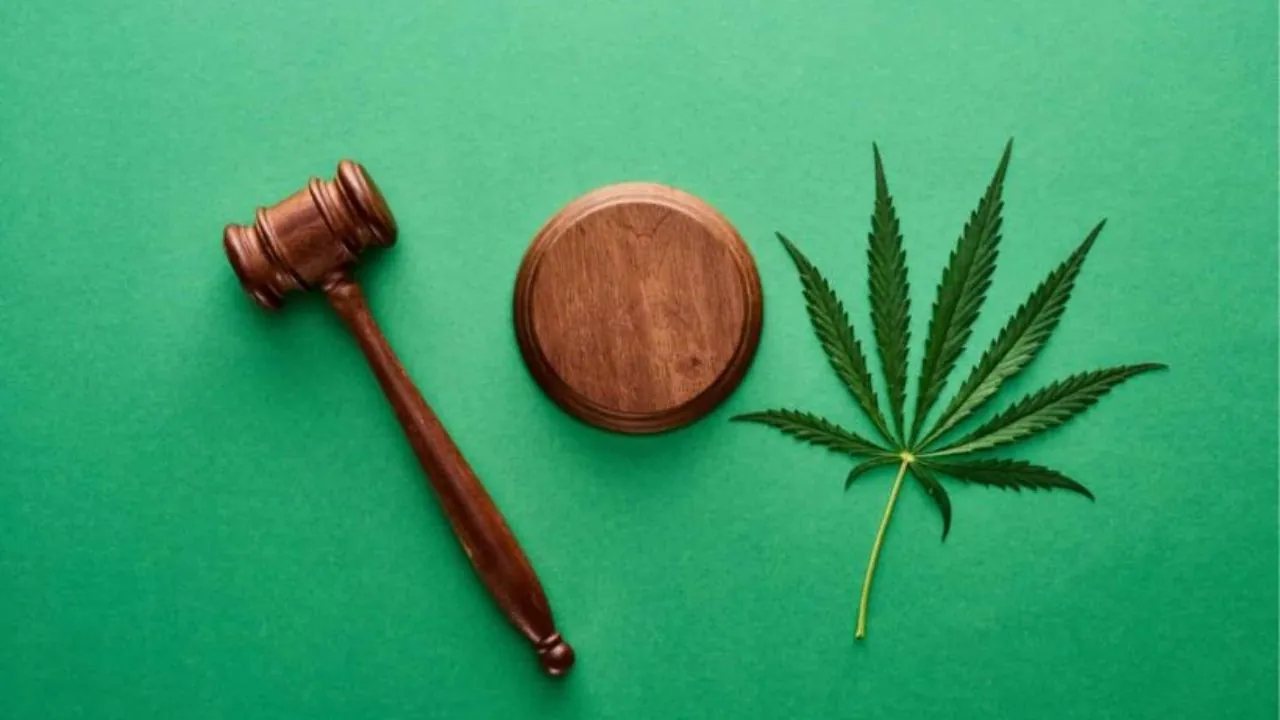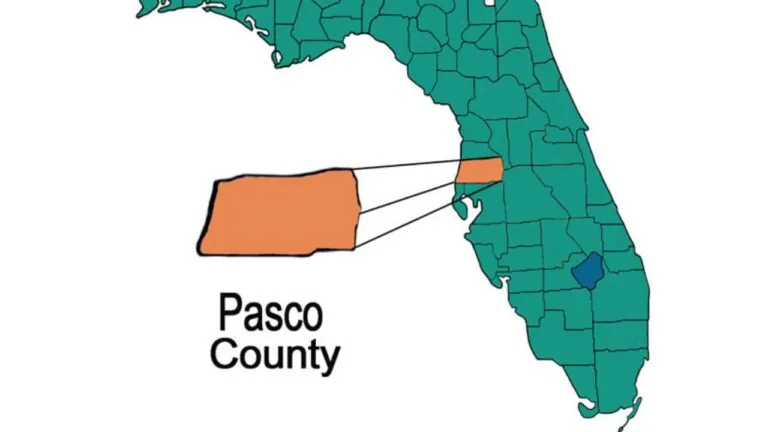Is Weed Legal in Florida in 2023? Explaining Florida’s Marijuana Laws
Medical marijuana is legal in Florida, but recreational use is not. This means that only those with qualifying medical conditions are allowed to use and possess cannabis in the state. However, some local initiatives have reduced the penalties for possessing small amounts of marijuana, changing from criminal charges to civil fines. In this article, we will explore the current state of marijuana laws in Florida and what changes may be on the horizon.
Medical Marijuana in Florida
In 2016, a major breakthrough was achieved in Florida as the state passed the Florida Medical Marijuana Legalization Initiative, also known as Amendment 2. This initiative permits patients to use marijuana for managing a range of medical conditions such as cancer, epilepsy, glaucoma, PTSD, HIV/AIDS, and others, provided they have a doctor’s recommendation.
To be eligible for Florida’s medical marijuana program, patients must either be 18 years or older or have a designated caregiver if they are minors. Registration with the Office of Medical Marijuana Use (OMMU), the governing body for the program, is also a requirement.
Licensed dispensaries, also known as Medical Marijuana Treatment Centers (MMTCs), provide patients with access to medical marijuana. Florida currently has over 450 operational dispensary locations as of October 2022. Patients can purchase up to 2.5 ounces of marijuana every 35 days and may possess up to 4 ounces at any given time.
Patients have the opportunity to explore a variety of marijuana products, including oils, edibles, tinctures, and topicals. It is important to note that the purchase and use of marijuana flowers is restricted unless they are in a tamper-proof container suitable for vaping. Additionally, smoking marijuana is limited, except for patients who have been diagnosed with a terminal condition and have obtained a second physician’s opinion.
Recreational Marijuana in Florida
Marijuana usage for recreational purposes is still not allowed in Florida, and the state imposes some of the toughest punishments for marijuana possession compared to other states in the US. Even if one is found to possess any quantity of marijuana, it is still considered a misdemeanor offense, and the consequences may include a maximum of one year in jail and a fine of up to $1,000.
Possessing more than 20 grams of marijuana is considered a felony, and the offender may face up to five years in prison and a $5,000 fine. If the quantity of marijuana exceeds 25 pounds, it is classified as trafficking, which carries severe penalties, such as up to 30 years in prison and a $200,000 fine.
In Florida, some cities and counties have taken a different approach towards marijuana possession. They have implemented local ordinances that decriminalize the possession of small amounts of marijuana, usually up to 20 grams. This means that the law enforcement officials will not arrest or prosecute offenders, but instead, they can impose civil fines or citations ranging from $25 to $100. Regions such as Miami-Dade County, Orlando, Tampa, Key West, and Sarasota have adopted this approach towards marijuana possession.
Future of Marijuana in Florida
Florida has been making efforts to legalize recreational marijuana, but unfortunately, these attempts haven’t been successful yet. Last year, two ballot initiatives were presented to modify the state constitution, permitting individuals who are 21 years old and above to use and possess marijuana. However, both of these initiatives failed to gather enough signatures to qualify for the ballot.
A new ballot initiative called Make It Legal Florida was launched in 2021. Its aim is to legalize marijuana for adults aged 21 and above and authorize existing medical marijuana dispensaries to sell recreational marijuana. To make this initiative a reality, it needs to obtain over 891,000 valid signatures by February 2022 and gain approval from 60% of voters in the November 2022 election.
Senator Victor Torres introduced SB 1576 in March 2021 as an alternative to the ballot initiative for legalizing recreational marijuana. The bill proposes the establishment of the Division of Cannabis Management under the Department of Agriculture and Consumer Services, which would be responsible for regulating the licensing and taxation of marijuana establishments.
Individuals aged 21 and above would be allowed to possess up to 2.5 ounces of marijuana and grow up to six plants at home, according to the proposed bill. Furthermore, the bill seeks to remove cannabis from the list of controlled substances and erase the records of people who were previously convicted of marijuana-related offenses. Unfortunately, the bill has not advanced during the legislative session and is not expected to pass.
Conclusion
Florida’s marijuana laws are complex and dynamic. Although medical marijuana is now legally available, recreational use of cannabis remains illegal and can result in harsh penalties. However, there are ongoing initiatives at both the state and local levels to decriminalize possession of marijuana and even legalize it for adult use. While the outcome of these efforts is still uncertain, an increasing number of people are recognizing the potential economic advantages that could come with such changes.







